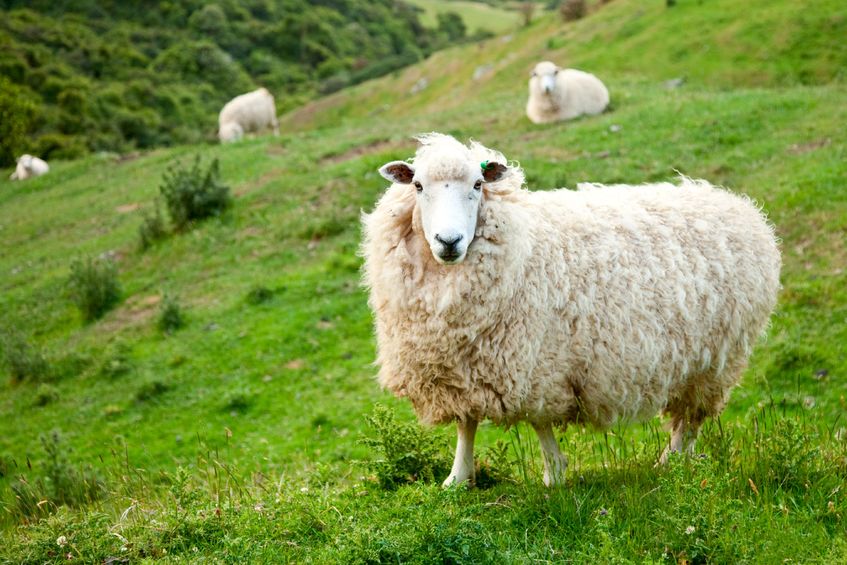
Livestock farmers are being urged by the NFU to talk to their vets as the industry braces itself for a return of Bluetongue disease.
The midge-borne disease has been circulating in France since last summer and Defra has confirmed there is an 80 per cent risk of it reaching the UK by September this year.
NFU livestock board chairman Charles Sercombe said: "There is quite strong evidence that Bluetongue could move to southern parts of the UK by late summer, not dissimilar to the way it moved into East Anglia back in 2007.
"As livestock farmers we should be talking to our vets now about the disease and considering our business options including vaccination which would be a voluntary, protective measure.
"It’s also imperative that we all remain vigilant and look out for any signs of Bluetongue and report any suspicions to our vets immediately. The health and welfare of the herd or flock should remain a top priority."
There is currently no vaccine available for UK farmers. The NFU is working with Defra and industry to secure vaccine stocks.
The disease does not affect people, meat or any other animal products including milk.
Bluetongue can cause illnesses in domestic and wild ruminants such as sheep, cattle, goats, deer, llamas and alpacas.
The risk of an incursion in the UK is highly dependent on the level of disease on the continent, the proximity to the UK of cases in the rest of Europe and the weather, including temperature and wind direction.
The UK has robust disease surveillance procedures in place and the government are working closely with the Devolved Administrations and livestock industry.
Commenting on the latest risk assessment, Government Deputy Chief Vet Simon Hall said: "We have robust disease surveillance procedures in place and are working closely with the livestock industry to carefully monitor the situation in France where Bluetongue disease control measures are in place.
"The risk of incursion from infected midges is difficult to predict at this stage because it is highly dependent on the level of disease on the continent, the proximity to the UK and the weather.
"Animal keepers should remain vigilant for any signs of disease and report any suspicions to their vet and the Animal and Plant Health Agency immediately.
"Livestock keepers should also consider with their vet if vaccination is an option which would benefit their business."
British Veterinary Association Senior Vice President Prof. John Blackwell added: "We strongly encourage all farmers to closely monitor their stock for Bluetongue symptoms.
"Particularly sheep that are most susceptible to the disease - including eye and nasal discharge, drooling, swelling around the head or mouth, lethargy and lameness.
"Vets are there to support farmers in protecting the health and welfare of their livestock. We’d recommend farmers speak to their local vet about the benefits of vaccination, given their locality and individual circumstances, and especially if farmers have any concerns about their livestock."
